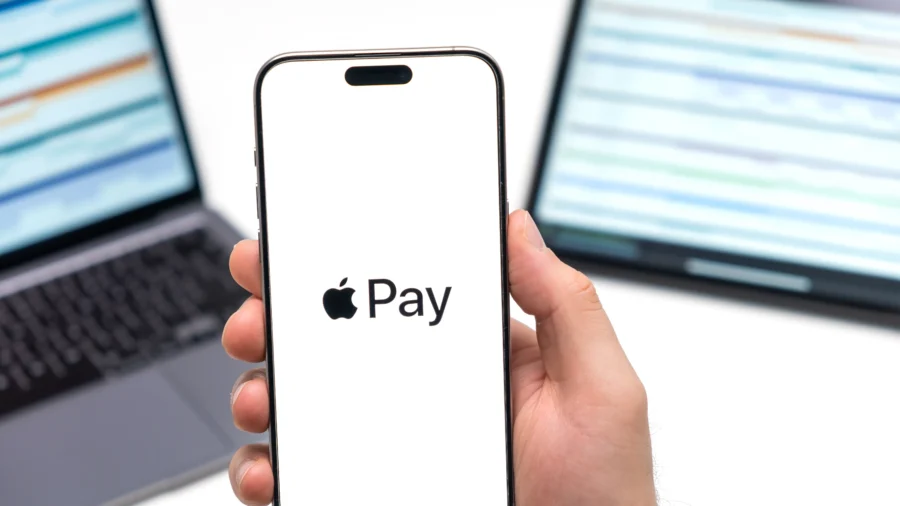The top U.S. consumer watchdog is cracking down on companies that operate popular digital payment apps.
Seven nonbank companies will soon be subject to federal oversight, according to a new rule finalized by the Consumer Financial Protection Bureau (CFPB) on Thursday.
Apple, Google, Amazon, PayPal, Block, Zelle, and Venmo will face the same supervision as large banks, credit unions, and other financial institutions.
Altogether, these digital payment apps process more than 13 billion consumer payments a year, the CFPB said.
“Digital payments have gone from novelty to necessity and our oversight must reflect this reality,” CFPB Director Rohit Chopra said in a statement. “The rule will help to protect consumer privacy, guard against fraud, and prevent illegal account closures.”
The change comes as President-elect Donald Trump prepares to take office for his second term. Trump has signaled major changes to federal regulation when he officially assumes the presidency in January. During the first 11 months of Trump’s first term, his administration canceled or delayed over 1,500 planned regulatory actions.
Digital wallets have become increasingly popular among Americans for everyday use as a convenient alternative to cash. According to Federal Reserve surveys, digital wallet use among consumers jumped to 62 percent last year from around 47 percent in 2022. Furthermore, many major events such as concerts or big gatherings have become “cashless,” limiting the way Americans spend their money.
The CFPB said it previously warned large technology firms that handle billions of transactions that they would ultimately be subject to federal oversight.
The watchdog already had some level of authority over the companies due to their use of electronic fund transfers. But this new rule enables the agency to treat them more like banks and subject the companies to “proactive examinations” to ensure they are complying with federal law. The final rule will allow the agency to oversee the companies in key areas including privacy and surveillance, errors and fraud, and de-banking.
“Supervision can prevent harm by detecting problems early. Supervision also is an important tool for the CFPB to assess risks that can emerge rapidly in this market, including from outages and other issues that could lead to millions of consumers losing access to their funds,” the agency said in a statement.
The regulations were proposed a year ago. The agency has since made several changes to its initial proposal.
The transaction threshold for determining which companies require federal oversight is now significantly higher, at 50 million transactions per year. The agency originally proposed a supervision threshold of five million annual transactions.
The CFPB also limited the rule’s scope to count only transactions conducted in U.S. dollars. Previously, the agency initially said it could apply to digital assets that have monetary value and can be used to make purchases.
The final rule will take effect 30 days after it’s officially published in the Federal Register.

